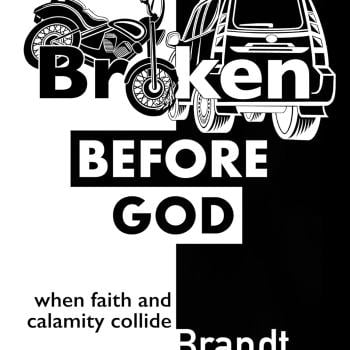On the beach this summer there was a girl sitting near me in an Adirondack chair and reading Bossy Pants by Tina Fey. The girl was in a state of near continuous vibration from laughing with her mouth shut, and when, at one point she looked up from her book to let out a significant chuckle, she seemed to feel a need to explain herself to me. "Seriously funny book," she said holding it up for me to see the cover.
"You make me think I should read it," I answered. Indeed I have thought about reading it, both before the beach episode and after. But one of my many fatal flaws is that reading a book by and about a funny woman, I would not be content to just read and enjoy; I would want to actually become Tina Fey and that could only end in pain.
I had the same problem leaving a golf tournament recently; having watched the pros make the game look easy, I drove home thinking I should take up golf.
My mom and I went to an art fair recently, after which I came home thinking that I ought to turn out a few ashtrays and buy a booth at next year's fair.
At various times in my life, I've wanted to be a country music singer, a lounge singer, a blues singer, and a pop star.
I think I even recall being twenty years old, seeing the Sistine Chapel for the first time and thinking, "I should paint one of those."
My delusions of grandeur know no bounds, which leaves me often creating nothing more of my shifting desires than frustration. I've learned that one of the reasons I tend to see the sky as always gray—the day as always nearing dusk—is because there is no more terrible state to live in than the state of frustrated desire. Having such indiscriminate wants can only leave the soul feeling empty and unsatisfied.
In Father Barron's Catholicism DVD series, he notes that Jesus, on the cross, was a happy man. The concept of Jesus suffering, tortured, dying, and happy, just doesn't make sense at first blush. Why was he a happy man?
Because where most people want honor, riches, and power, he wanted meekness, humility, and to be free of worldly attachments. Everything that Jesus desired comes to fruition in the cross.
Because Jesus was free from original sin, he could desire the highest virtues, without the taint of self-interest and without counting the cost.
I am not so blessed. Humility is such a great virtue, and yet, in my experience, it often only comes from being humbled, or enduring some sort of humiliation. I don't like the idea of suffering humiliation in order to obtain humility. And so, I end up slaving to the avoidance of humiliation—don't speak out of turn, don't leave the house without make-up, don't take the kids anywhere they are likely to misbehave. In my desire to avoid suffering, I take on a willful slavery.
Father Barron notes that freedom is not actually the ability to do everything my little heart desires, nor is it the ability to avoid suffering. Rather freedom is being able to discipline my desires so that I am free to do the one thing that is God's will for my life in the present moment, even if that one thing and the present moment are both terribly unglamorous, or even painful.
Tonight, taking my walk, I saw a young mulberry tree growing on the side of the road. I've passed that spot every day for the past years, and the thing seemed to spring up over night. It was already waist-high, and I was struck by how robust a thing can be when it has a certain singleness of purpose. Eventually, the farmer who tends that field, will come along with the mower, and raze the seedling, along with the ivies and Queen Anne's lace that grow alongside it. But they will most certainly rise up again. It's what they're made to do.
I know I'm not a mulberry tree. But I have been studying my world, and using religion to help explain it and my purpose within it, and I believe that there are ways to discern the one thing that I am supposed to do in the present moment—from reading a book to a child, to going to bed at a reasonable hour, to practicing hobbies that I enjoy. I can squander the moment and my purpose in it. I can avoid it through daydreams and delusions. I can disperse myself and my abilities so sparsely and so indiscriminately that they never take root or serve any purpose.
And eventually, I'll get over any frustrated desires when I reconcile myself to the reality that, well, that's not going to happen. It will dawn on me at some point that I was not put on this earth to win a pro golf tournament, that in fact, I've only played golf once in my life. Hopefully it occurs to me before I've purchased new golf clubs and a country club membership.
It's much more efficient to curtail the longing at its root. If I can realize later that something is not God's will for my life, I can certainly realize it sooner, and depress it with the recognition that it is a threat to my oneness of purpose, my freedom from attachment and self-aggrandizement, and my happiness in the reality of God's will.
To be happy, I have to discipline myself to want the exact same things that Christ wanted and fulfilled on the cross—meekness, humility, and freedom from worldly goods—even if it means I have to suffer something like a cross in order to obtain them.
12/2/2022 9:05:38 PM





